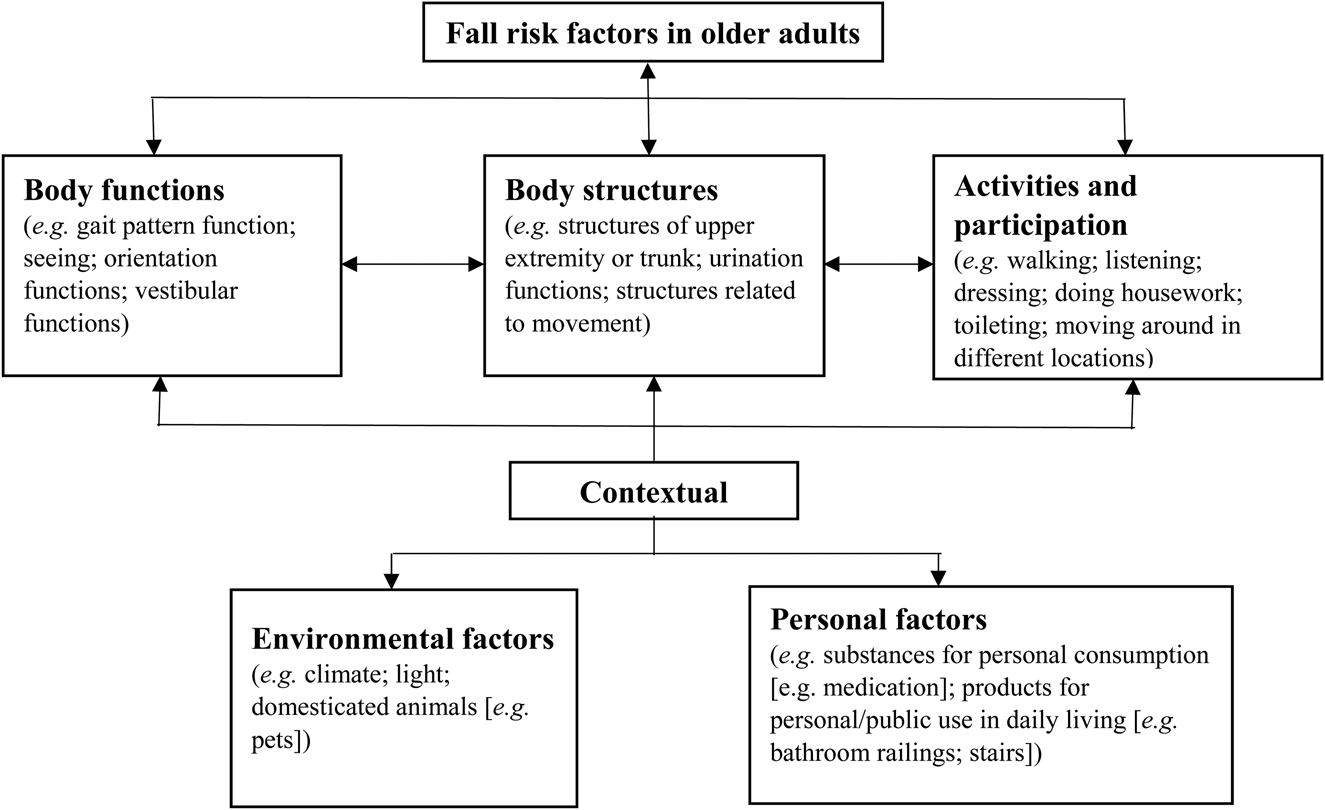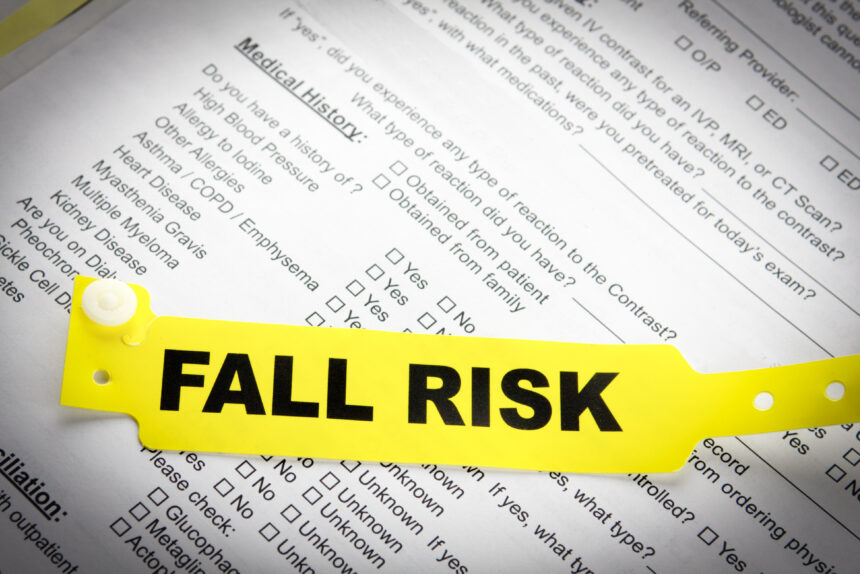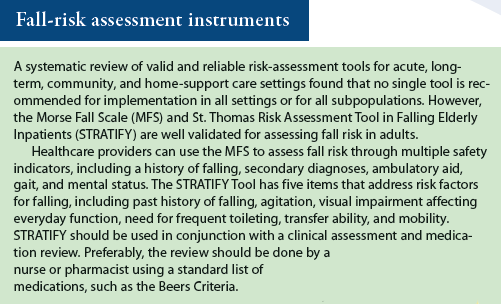The Main Principles Of Dementia Fall Risk
The Main Principles Of Dementia Fall Risk
Blog Article
Dementia Fall Risk Fundamentals Explained
Table of ContentsThe Ultimate Guide To Dementia Fall RiskA Biased View of Dementia Fall Risk3 Easy Facts About Dementia Fall Risk ShownDementia Fall Risk Things To Know Before You BuyLittle Known Facts About Dementia Fall Risk.
Nevertheless, based on symptoms and signs, such as evidence of head injury or a brand-new focal neurologic deficiency, computed tomography or MRI of the brain might be shown - Dementia Fall Risk. An analysis for reasons for syncope should be carried out just if there is solid uncertainty, as in the case of reoccurring, inexplicable falls
Medical care providers make use of a fall risk analysis to recognize your threat factors for dropping and make useful referrals. A fall risk evaluation is important since knowing which variables raise your chances of falling helps you: Lessen your threat of dropping or injuring yourself.
Optimize your capability to move and be energetic. Preserve a healthy, independent life. All adults 65 years and older must have an initial autumn threat screening. Your healthcare supplier may ask you whether you: Feel unsteady when standing or strolling. Have actually fallen in the past year. Bother with dropping. If you respond to yes to any of these concerns, your medical care service provider will certainly suggest an additional, much more detailed evaluation.
Facts About Dementia Fall Risk Revealed

Explore this extensive nursing care strategy and management overview to properly prevent risk for falls amongst clients. Get essential knowledge about the nursing assessment, nursing medical diagnosis, and goals particularly tailored to individuals who are at danger for falls. A is specified as an event that results in an individual coming to relax unintentionally on the ground or flooring or other reduced degree (THAT, 2021).
According to the Centers for Condition Control and Prevention (CDC),, triggering over 34,000 fatalities for that age. Dropping is the 2nd leading reason of death from unintended injuries around the world. Death from falls is a major and native issue among older people. It is estimated that autumn fatality prices in the united state

Each year, over 800,000 clients are hospitalized because of drops. Registered nurses play a significant role in avoiding Continue falls for their individuals through education, reviewing loss danger, creating much safer environments, and supplying treatments in preventing injuries from drops.
Loss are due to several factors, and an alternative method to the specific and atmosphere is vital. Mean a person is taken into consideration at high threat for falls view publisher site after the screening.
The 9-Minute Rule for Dementia Fall Risk
A needs using a verified tool that researchers have analyzed to be beneficial in naming the reasons of falls in a person. The degree of autumn risk can be determined making use of the analysis of inherent and extrinsic factors.
Individuals are much more most likely to fall once again if they have actually sustained one or even more drops in the past six months. The older populace is at increased danger of fall-related readmissions based on a research study identifying the elements predictive of repeat falls associated outcomes (Prabhakaran et al., 2020).
In addition, complication and damaged judgment raise the client's possibility of dropping. The capability of individuals to safeguard themselves from falls is impacted by such variables as age and advancement. Older individuals with weak muscle mass are more probable to fall than those that maintain muscular tissue toughness, flexibility, and endurance. These changes include lowered visual feature, damaged shade perception, modification in center of mass, unstable stride, reduced muscle strength, decreased endurance, modified depth perception, and delayed reaction and response times.
Some Known Details About Dementia Fall Risk
Much less contrast level of sensitivity was fairly connected with both increased rates of drops and various other injuries, while reduced visual acuity was just related to increased loss price (Wood et al., 2011). Sensory perception of environmental stimuli is extremely important to security. Vision and hearing problems limit the person's capability to view dangers in the environments.
Older grownups that have inadequate equilibrium or difficulty walking are most likely to fall. These troubles may be related to absence of exercise or a neurological cause, joint inflammation, or various other clinical conditions and treatments. A vital danger variable highlighted in a study is that grownups with rheumatoid joint inflammation are at high risk of falls, including swollen and tender reduced extremity joints, fatigue, and use psychotropic medications (Stanmore et al., 2013).
Report this page